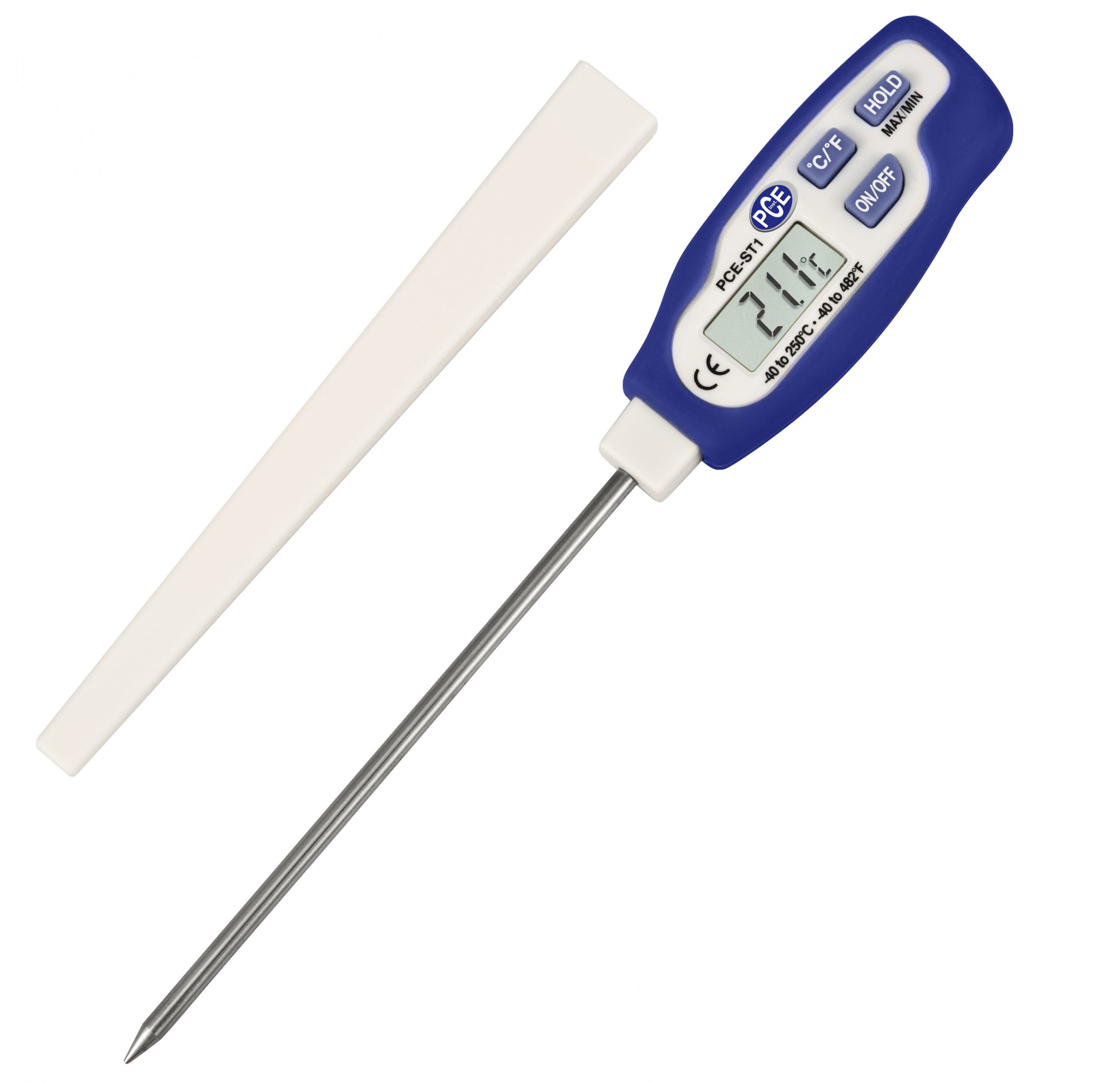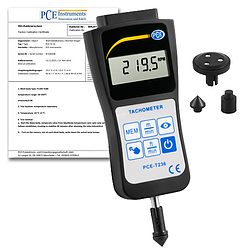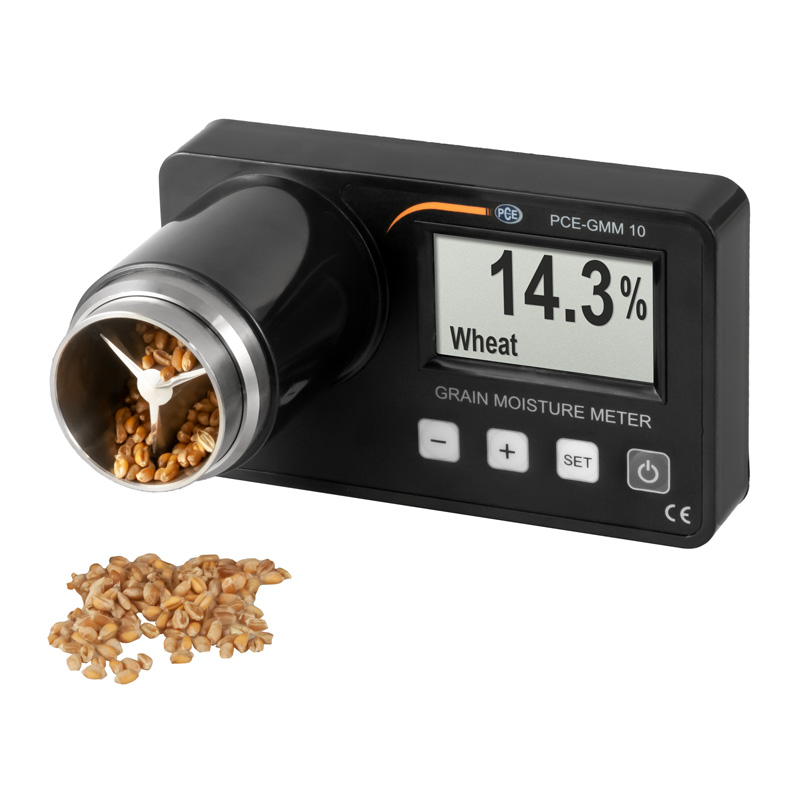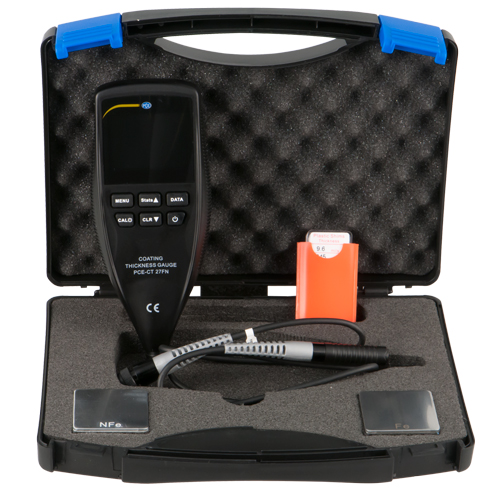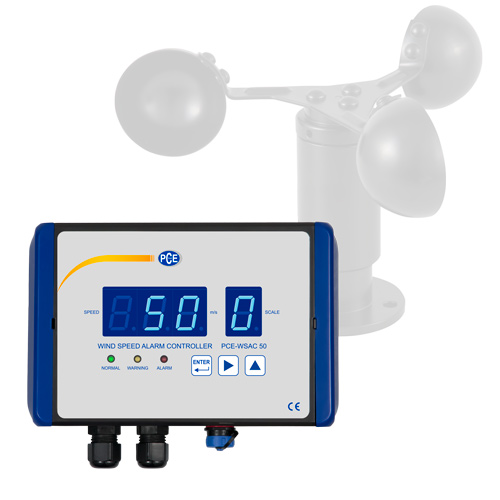- Digital Thermometer:
- Key Features:
- Digital display for easy reading.
- Quick response time.
- May offer features like memory recall and temperature hold.
- Suitable for various applications, including medical, food, and indoor/outdoor temperature measurement.
- Key Features:
- Infrared Thermometer:
- Key Features:
- Non-contact temperature measurement using infrared technology.
- Ideal for measuring surface temperatures without physical contact.
- Suitable for applications such as HVAC, automotive, and industrial processes.
- Key Features:
- Glass or Mercury Thermometer:
- Key Features:
- Traditional design with a glass tube containing mercury.
- Graduations marked on the scale for temperature readings.
- Commonly used in laboratories and certain medical applications.
- Key Features:
- Thermocouple Thermometer:
- Key Features:
- Measures temperature using the voltage generated by the junction of two different metals.
- Wide temperature range and high accuracy.
- Suitable for industrial and scientific applications.
- Key Features:
- Bimetallic Thermometer:
- Key Features:
- Consists of two different metals bonded together.
- The expansion or contraction of the metals with temperature changes causes a deflection.
- Often used in industrial and HVAC settings.
- Key Features:
- Liquid-in-Glass Thermometer:
- Key Features:
- Uses the expansion and contraction of a liquid (usually mercury or alcohol) to measure temperature.
- Commonly found in household thermometers and certain laboratory applications.
- Key Features:
- Wireless Thermometer:
- Key Features:
- Can transmit temperature data wirelessly to a receiver or smartphone.
- Suitable for remote monitoring or applications where running wires is impractical.
- Often used in weather stations or smart home systems.
- Key Features:
- Dial or Analog Thermometer:
- Key Features:
- Traditional design with a dial or analog display.
- Commonly used in outdoor thermometers, hygrometers, and some industrial applications.
- Key Features:
- Smart Thermometer:
- Key Features:
- Connects to smartphones or other devices via Bluetooth or Wi-Fi.
- Allows for remote monitoring and data tracking.
- May have additional features such as health tracking or integration with smart home systems.
- Key Features:
PCE





